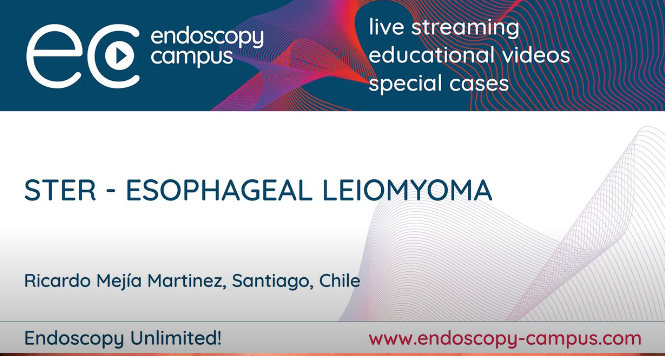Failed Peroral Endoscopic Myotomy? What Next…?
Prateek Sharma, MD, FASGE, reviewing Ichkhanian Y, et al. Endoscopy 2020 Nov 16.
Peroral endoscopic myotomy (POEM) is a minimally invasive procedure increasingly utilized to treat achalasia and other esophageal motility disorders. Despite its high efficacy, studies show that POEM has a clinical failure rate (Eckardt score [ES] >3) ranging from 2% to 20%. The authors of this study conducted a retrospective multicenter study (16 centers across North America, Europe, and Asia) to evaluate the clinical efficacy of pneumatic dilation (PD), laparoscopic Heller myotomy (LHM), redo POEM, and conservative management in the setting of failed POEM.
Of 3144 patients included in the study, 99 (51% men; mean age, 51.4 years; mean ES, 7.8) experienced clinical failure (ES>3, 3.1%) after a POEM procedure (mean esophageal/gastric myotomy lengths, 6.7/2.8 cm) during a mean follow-up of 12.7 (standard deviation, 17.9) months. These patients were then managed with one of the following modalities: conservative management (n=29; 45% men; mean age, 54.7 years; mean ES, 5.1), redo POEM (n=33; 58% men; mean age, 48.7 years; mean ES, 6.1), PD (n=30; 47% men; mean age, 46.4 years; mean ES, 5.5), or LHM (n=7; 57% men; mean age, 49 years; mean ES, 6.9). Clinical success (ES ≤3) was highest with redo POEM (76%) compared to PD (60%), LHM (29%), and conservative management (37.9%) during a median follow-up of 10 months (3-20 months). There were 4 adverse events (pneumoperitoneum, subcutaneous emphysema, inadvertent mucosotomy, and esophageal leak) in the redo-POEM group, but none noted in the LHM and PD groups.

COMMENTIn experienced centers, clinical failure rates with POEM are <5%. Interventions like redo POEM, LHM, and PD have reasonable success in managing achalasia symptoms after a failed POEM procedure. Among the interventions, redo POEM appears to have the highest success rate.
Note to readers: At the time we reviewed this paper, its publisher noted that it was not in final form and that subsequent changes might be made.
CITATION(S)
Ichkhanian Y, Assis D, Familiari P, et al. Management of patients after failed peroral endoscopic myotomy: a multicenter study. Endoscopy 2020 Nov 16. (Epub ahead of print) (https://doi.org/10.1055/a-1312-0496)


